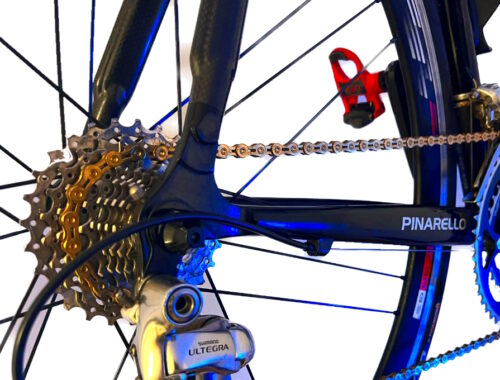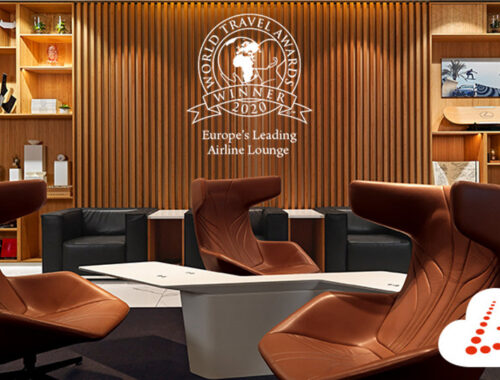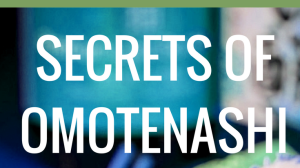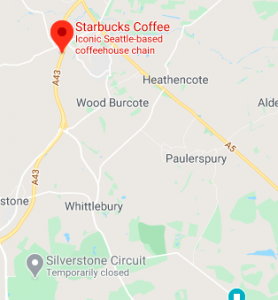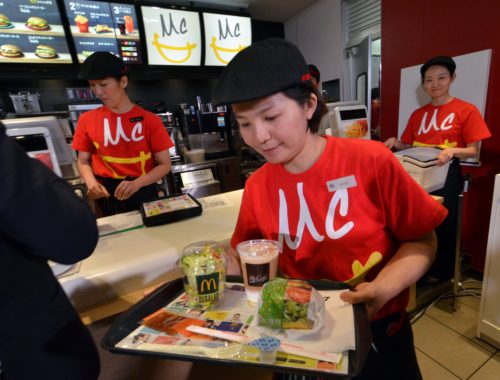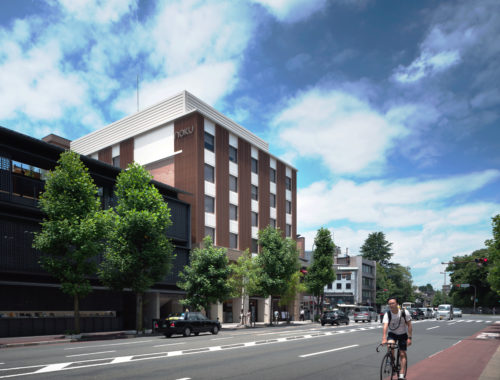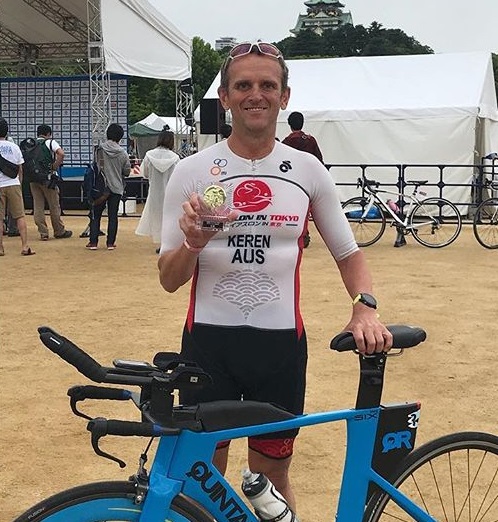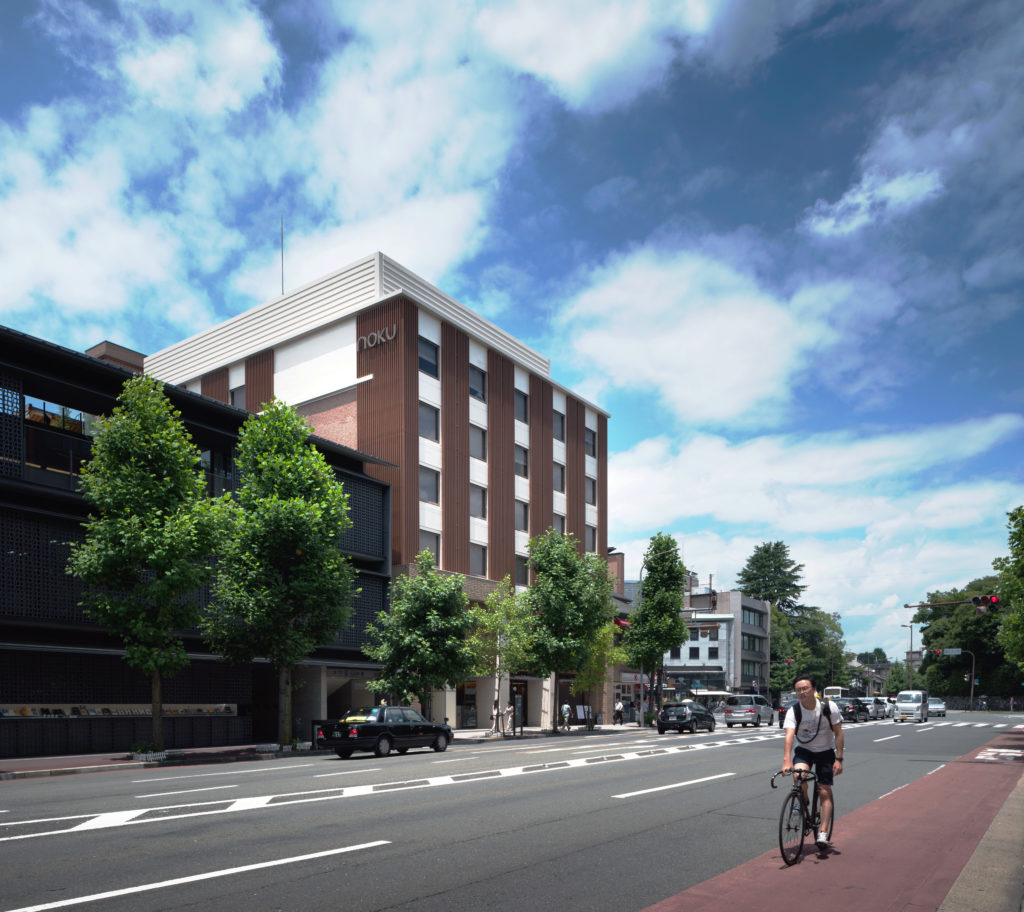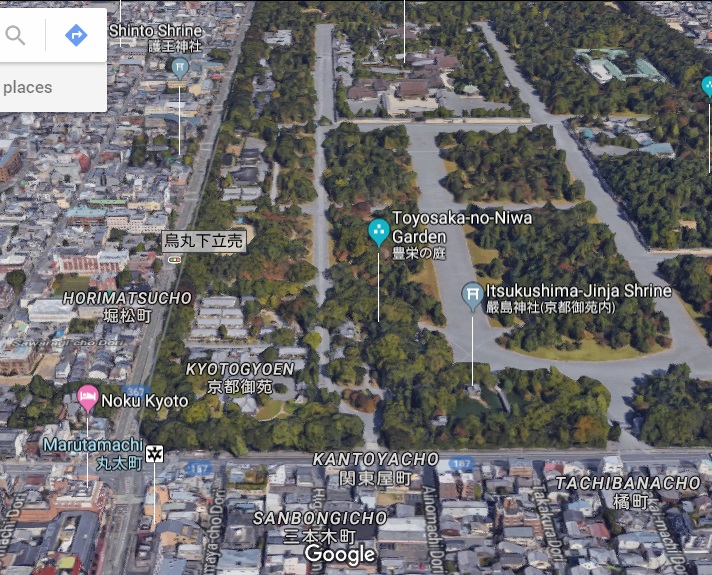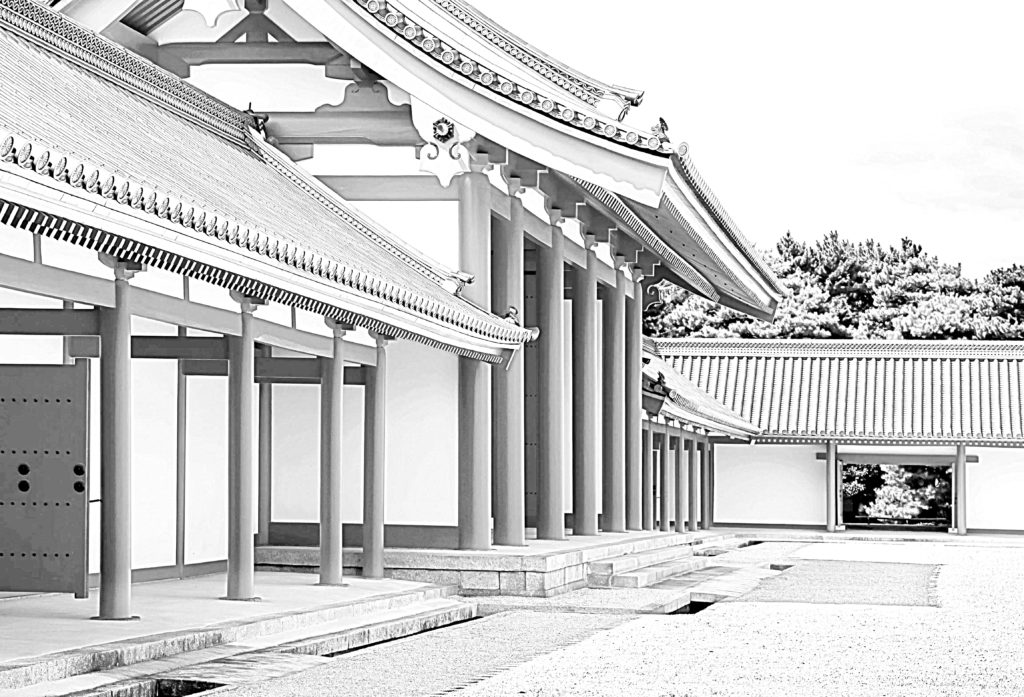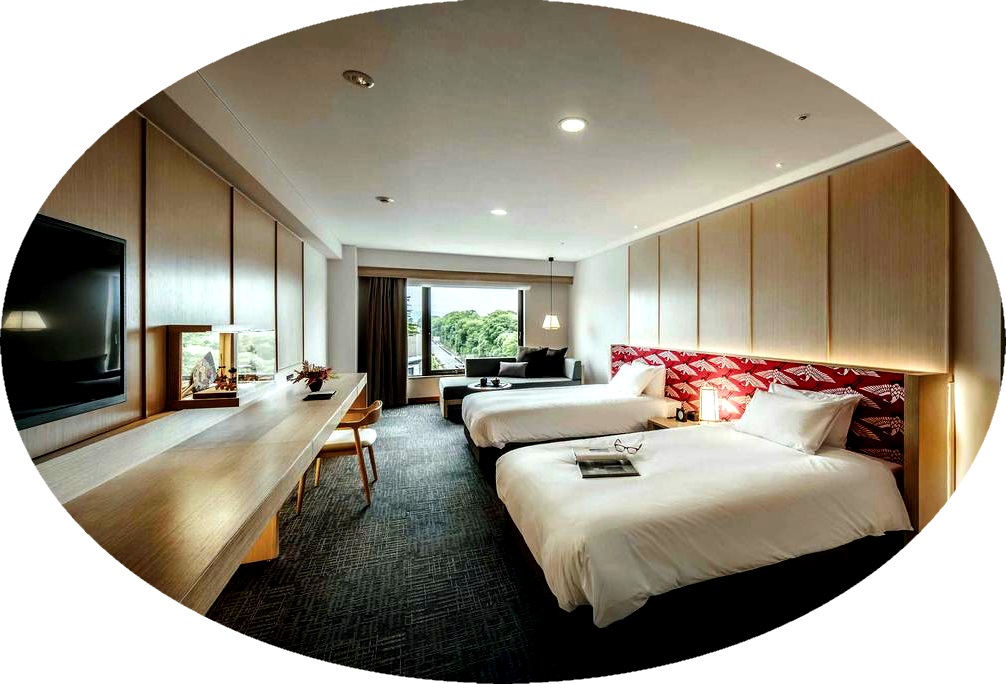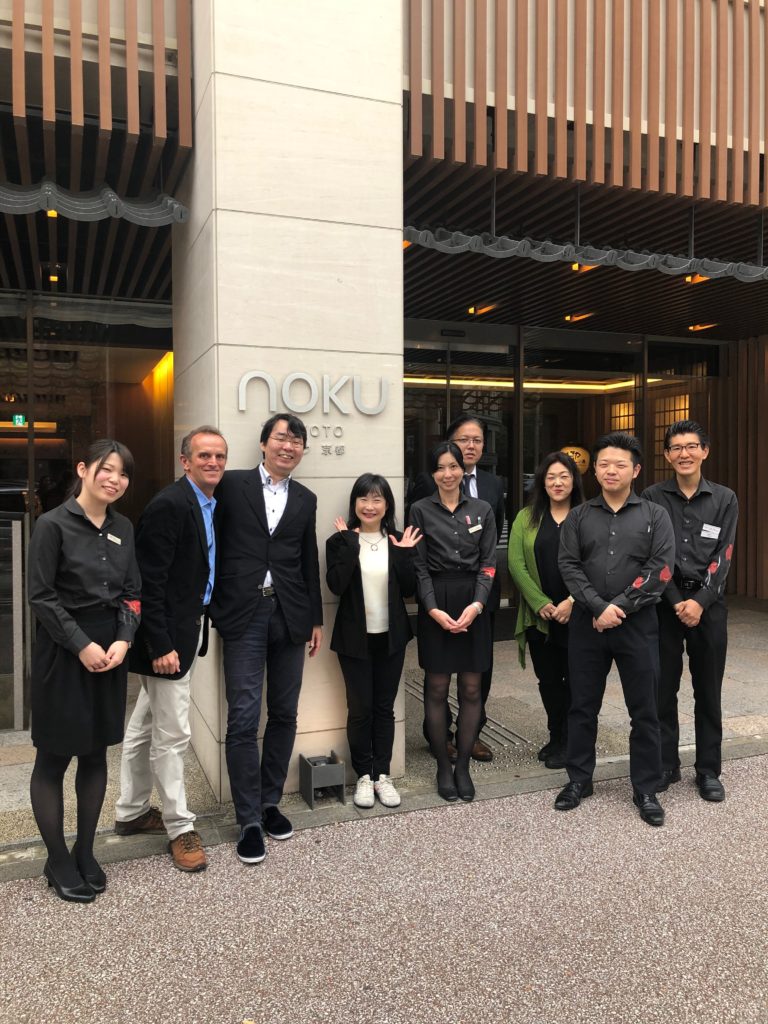An Omotenashi Cycle Service experience in England
A few years, while researching the behaviours and attitudes that make Japanese customer service really stand out, I did a blog post about my favourite cycle shop in Kyoto. Here it is. Kyoto Bike Shop
Run by Kuroda-San, RJ Cycles, a friendly little highend cycle shop in Nakagyo Ward, operates in a fiercely competitive market. In a city of 1.5 million he estimated there were hundreds of bike shops though fewer at his prestige end of the market.
I got the chance to interview him to ask his opinion on what took to succeed. Not surprisingly he told me it was all about customer service – Omotenashi style service. And attention to detail.
4 years later..
How time flies !
I’m here, back in the middle of England, looking to have my prized Pinarello racing bike serviced and treated to some new components – new gear cables, new cassette and a shiny gold chain!
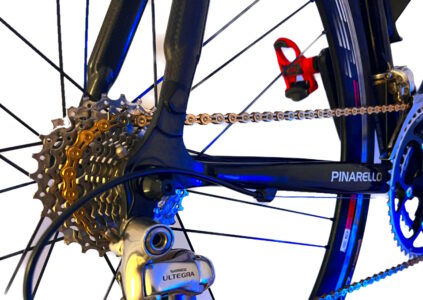
As a rule I try and support independents, as that supports the community, so I began with google maps and started calling around.
There was quite a range of prices quoted for this relatively simple installation / service job but I wasn’t necessarily looking for the cheapest. I simply wanted a place where I felt they actually cared about giving good service at reasonable prices.
After calling 5 or 6 places I rang Chaineys Cycles in Milton Keynes. I got a friendly greeting, a reasonable quote and a clear explanation of how long it would take. “Bring it now and I’m confident it will be finished later this afternoon”. Sounds so simple, but I could not get any kind of a timeframe estimate from the other places I called.
Simple choice. I got in my car and headed on over.

There I was greeted with a friendly smile by Mike, who took a look and gave me the confidence that he’d take great care of my pride and joy by actively listening to my introduction to the bike, the derailleur screw that might be stuck, the cable routing and so on.
And, as promised, 2 hours later I get a call. She’s all done and ready to pick up.

Chaineys Cycles Omotenashi
Why is this about Omotenashi style service?
Now here’s the thing. Chainey’s Cycles wasn’t the lowest quote, though it was actually close to being that. But thanks to the attentive, friendly service process I was very happy to buy some additional things I might well not have otherwise, to kind of say thanks and support their business and ended up spending more than I might have spent at the shop with the highest quote.
But what made me think of Omotenashi style service in this case? Well…
- The initial welcome and the final goodbyes were genuine. That’s called Aisatsu in Japan.
- Mike’s active listening to my requirements was impressive. That’s called Aizuchi.
- The attention to detail was confidence building. That’s called Kodawari.
- And Mike’s anticipation of my needs and anxieties made me confident that littel details would be paid attention to. Japanese call this Kikubari.
Finally, before leaving, I wondered aloud if they had any valve screw covers. One was missing.
Here you are said Matt. Gold ones to match my new gold chain.
“How much?” , I asked.
“On the house” he replied.
Matt and Mike are both obviously passionate what they do and very focused on delivering a great customer experience.
I’m impressed and highly recommend them. And so do all the people who have reviewed them on Tripadvisor Reviews
